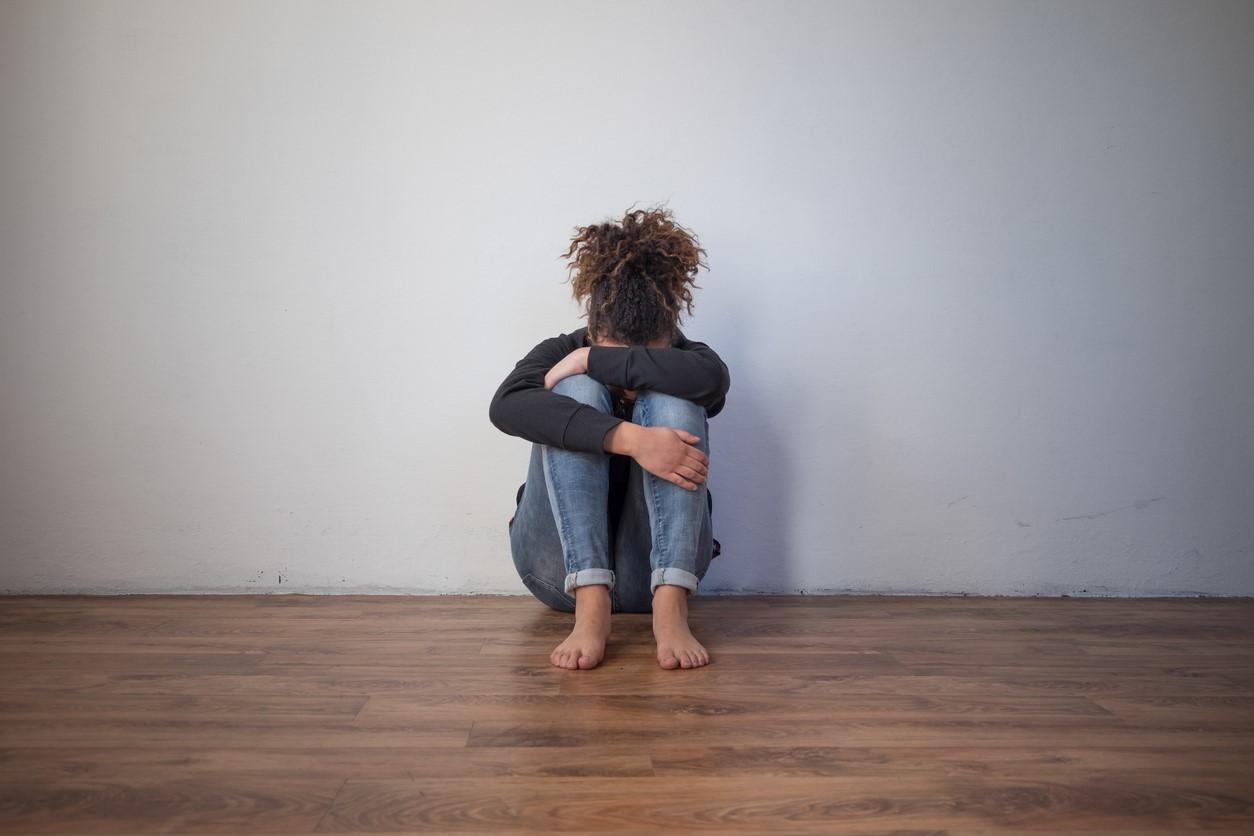Today in JAMA Network Open, researchers show evidence of an increase in psychiatric boarding (delays in admission) among youth during the pandemic. The study was based on mobile crisis teams (MCT) who assessed publicly insured youth in Massachusetts during psychiatric emergency services (PES).
Historically, boarding occurs when there is a shortage of inpatient psychiatric beds, and previous studies have suggested boarding has been an increasing trend for psychiatric youth patients in the United States since 2001.
Disruptions to health services in the early months of the pandemic would have likely exacerbated the problem, the authors hypothesized, and previous studies have also shown that rates of mental illness among youth increased during the pandemic.
Boarding doubled during pandemic
To gauge pandemic-related changes to either psychiatric boarding or discharge trends, the authors looked at 7,625 MCT-initiated PES encounters between January 1, 2018, and August 31, 2021.
Outcomes, including psychiatric boarding status, repeat visits, and discharge disposition, were compared in a prepandemic period (January 1, 2018, to March 9, 2020) to outcomes seen between March 10, 2020, and August 31, 2021.
For all encounters, the mean age of publicly insured youths was 13.6 years. A total of 47.9% were boys, and 71.2% were Black or Hispanic. Ninety-one percent spoke English.
During the pandemic period, the odds of an encounter resulting in boarding doubled (adjusted odds ratio [AOR], 2.03; 95% confidence interval [CI], 1.82 to 2.26). The boarded youths were 64% less likely to be discharged to inpatient psychiatric care (AOR, 0.36; 95% CI, 0.31 to 0.43).
Increases in mental health problems among youths have been persistent even as the pandemic has subsided.
Publicly insured youths who boarded during the pandemic had 2.2 times the rate of 30-day readmissions than those who boarded before the pandemic, the authors said.
"With 62.7% of the encounters with publicly insured youths during the pandemic resulting in boarding, the PES teams were likely in a workforce crisis from June 1, 2020, through August 31, 2021,” the authors concluded. "Increases in mental health problems among youths have been persistent even as the pandemic has subsided, suggesting that demand for PES among publicly insured youths may remain high into the near future. Without additional resources, the boarding crisis may persist."




















